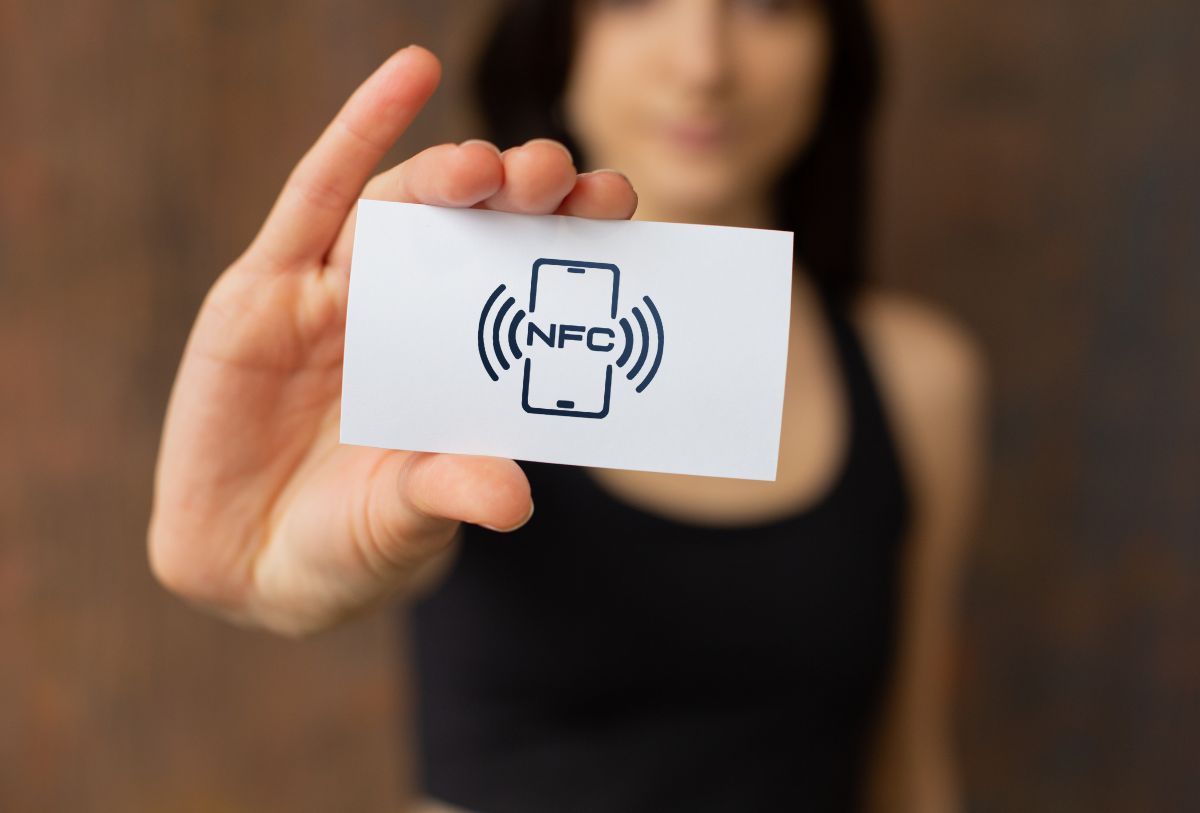Understanding NFC Cards: Types, Advantages, Disadvantages, and Applications
In the ever-evolving landscape of digital technology, Near-Field Communication (NFC) stands out as a pivotal innovation, particularly in the form of NFC cards. These cards have revolutionized various industries by offering a secure, efficient, and versatile medium for data exchange. This article delves into what NFC cards are, the different types available, their advantages and disadvantages, and their diverse applications.
What Are NFC Cards?
NFC cards are a type of smart card embedded with an NFC chip that allows for wireless communication between the card and an NFC-enabled device over short distances (typically less than 4 centimeters). Operating at the frequency of 13.56 MHz, these cards are capable of storing data and executing secure transactions without the need for physical contact, making them highly convenient and user-friendly.
Types of NFC Cards
- Standard NFC Cards:
- MIFARE Classic: Widely used in public transportation and access control systems, MIFARE Classic cards offer reliable performance and storage capacity suitable for simple applications.
- MIFARE DESFire: These cards provide higher security features and are ideal for applications requiring secure access and transaction logging.
- NTAG: Commonly used for retail and marketing, NTAG cards are often embedded in products for enhanced consumer interaction and product authentication.
- Specialized NFC Cards:
- NFC Business Cards: Designed for professional networking, these cards can store contact information and transfer it to a recipient’s device with a simple tap.
- Payment Cards: Integrated with banking systems, NFC payment cards enable contactless transactions, providing a quick and secure method of payment.
- Access Control Cards: Used in secure facilities, these cards ensure that only authorized personnel can gain entry, enhancing security and tracking access events.
Advantages of NFC Cards
- Convenience: NFC cards offer a seamless and quick way to perform transactions or access information with just a tap, eliminating the need for physical contact or insertion into a reader.
- Security: Advanced encryption techniques and secure communication protocols protect data, making NFC cards suitable for sensitive applications like payments and access control.
- Versatility: NFC cards are used across a wide range of applications, from public transportation and retail to healthcare and hospitality.
- Durability: Typically made from robust materials, NFC cards can withstand physical wear and tear, ensuring long-term usability.
Disadvantages of NFC Cards
- Limited Range: The short communication range (up to 4 cm) can be a limitation in scenarios where greater distance interaction is desired.
- Cost: The integration of NFC technology can add to the production cost of the cards, making them more expensive than traditional magnetic stripe cards.
- Compatibility Issues: While NFC is widely supported, there may still be some compatibility issues with older systems that do not support NFC technology.
Applications of NFC Cards
- Public Transportation: NFC cards are extensively used as transit passes, allowing commuters to quickly access trains, buses, and other modes of public transport.
- Retail and Marketing: Businesses use NFC cards for loyalty programs, enabling customers to accumulate points and redeem rewards effortlessly.
- Healthcare: NFC cards can store patient information, medical histories, and prescriptions, providing healthcare professionals with instant access to critical data.
- Hospitality: Hotels use NFC cards as room keys, enhancing guest convenience and improving security.
- Access Control: Organizations deploy NFC cards to manage access to secure areas, ensuring that only authorized individuals can enter restricted zones.
- Event Management: NFC cards are used in events for attendee registration, ticketing, and access control, streamlining the process and enhancing security.
Conclusion
NFC cards represent a significant advancement in contactless technology, offering numerous benefits in terms of convenience, security, and versatility. Their applications are vast, ranging from public transportation and retail to healthcare and hospitality. Despite some limitations, such as limited range and potential cost, the advantages of NFC cards make them an invaluable tool in today’s digital world.
As NFC technology continues to evolve, we can expect to see even more innovative uses and improvements in NFC card capabilities, further solidifying their role in facilitating seamless and secure communication across various sectors.
For more insights and updates on NFC technology, stay tuned to our blog at clcme.eu. If you have any questions or need assistance with implementing NFC solutions, feel free to contact us.

